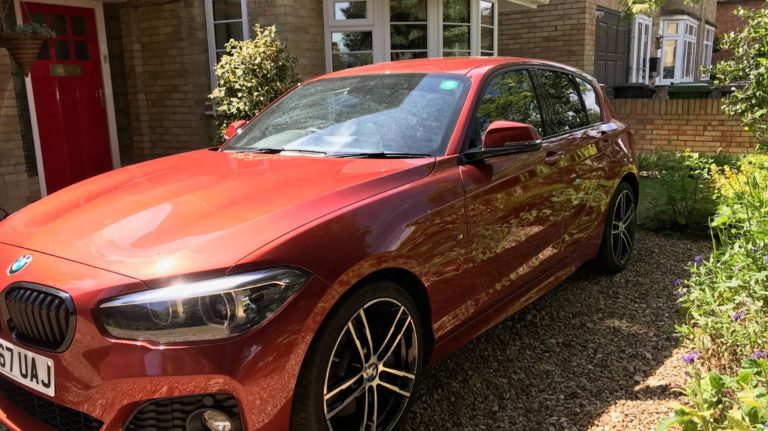During the Lockdown period many cars are remaining dormant in garages and driveways for long periods and only short, essential journeys being made from home or work.
Although this may be saving you money on fuel costs and good news for the environment, it may cost you money in the longer term with unexpected costs for repairs.
That is why it is important that you make sure your vehicle(s) are maintained and “road ready” for when they are needed.
Here are some simple tips that will make sure you maintain your vehicles at all times.
Keep your battery charged – Usually the battery is charged when the engine is running. When you’re not making regular journeys, immobilisers and other components that continue to absorb power could result in your vehicle failing to start when you next get behind the wheel. To prevent this from happening, start up your engine every few days and leave your vehicle running for a while to help prolong the battery life and maintain its charging capacity. (Make sure you stay in the vehicle while it’s running!) Making frequent short journeys will also drain the battery quicker than usual so try to group your journeys together into one longer trip rather than several short journeys.
Watch where you park – Avoid parking close to trees or large bushes to avoid damage being caused to your paintwork by foliage and wildlife. Park your car in a garage or under cover if you can. If not, you can use a windscreen shield to not only protect the interior from sun damage but also protect the exterior of your vehicle too.
Keep it clean – Clean your vehicle(s) regularly inside and out to get rid of bird droppings, dust and foliage that may cause long-term damage to the vehicle. Finishing off with a good quality car wax will protect the paintwork from the damage that nature can cause too. Hoover and wipe down all surfaces inside the car too. To further protect against the risk of Covid-19, you may wish to disinfect surfaces with anti-bacterial wipes or bleach-free household disinfectant.
Parked up – Long periods of disuse can put a strain on the handbrake cable. It is suggested, if it is safe to do so, to use wheel chocks instead of leaving the handbrake on to avoid unnecessary strain on the handbrake

Keep an eye on the tank – Keeping your fuel tank topped up is recommended as long periods of leaving your fuel levels low can cause moisture to accumulate which may cause rust over a period of time. Check your oil, water coolant and screen wash too While you’re at it, make sure oil, coolant and screen wash are filled too in order to protect your vehicle and ensures it runs smoothly when needed.
Over time, unused fuel can start to degrade creating harmful deposits with the potential to clog filters and other parts of the fuel system, so you might also consider adding an appropriate fuel stabiliser to prevent the build-up of harmful sticky resins.
Electric vehicles – Keeping electric vehicles continually charged to 100% can cause the battery to degrade. Conversely, allowing the battery to run completely flat may cause difficulties when you recharge it. Most Electric Vehicles perform best maintained between 50-80% charge, so always keep an eye on the gauge and avoid over or under charging it.
Keep tyres pumped up – Long periods of inactivity can cause tyres to loose air, harden and lose their shape. . To prevent a flat or damaged tyre when you get back on the road, make sure your tyres are topped up with air to the recommended levels for your vehicle.
Keep your windows clear – Check all your vehicle windows are clean and clear before you set off on the road.
Mirrors – Mirrors can move slightly so always check that they are in the right position at the start of each journey.
Lights and indicators – Always check that your lights are working, including your hazard lights.
Safe journey and, most of all, stay safe.































